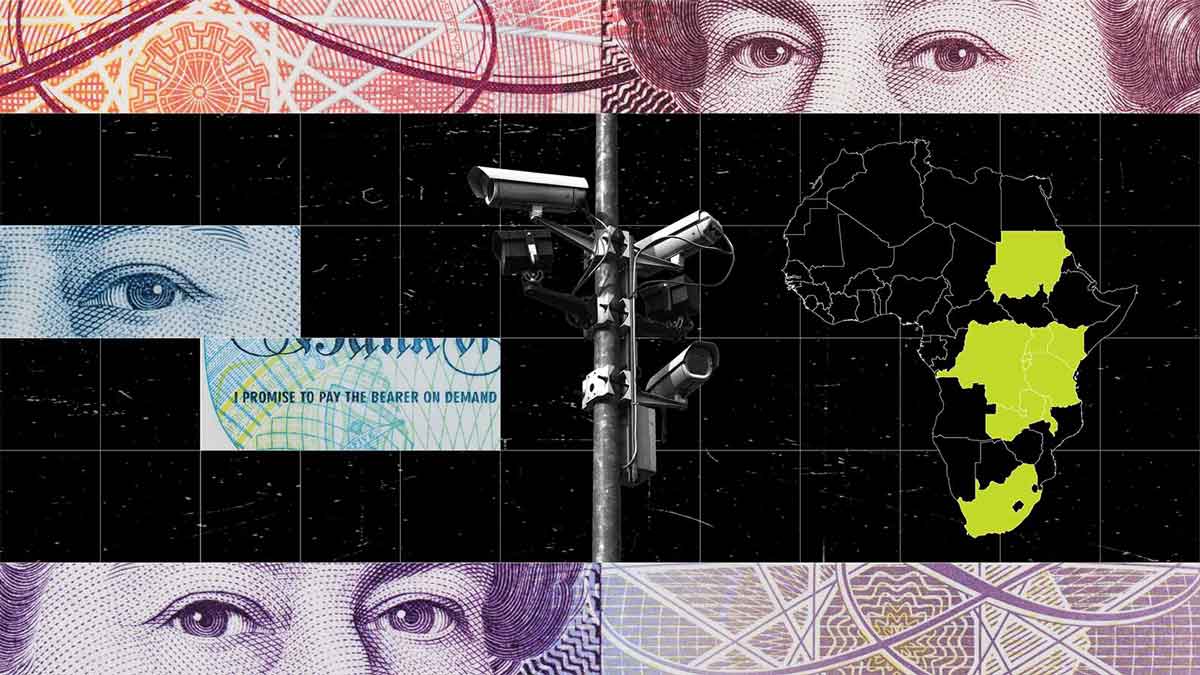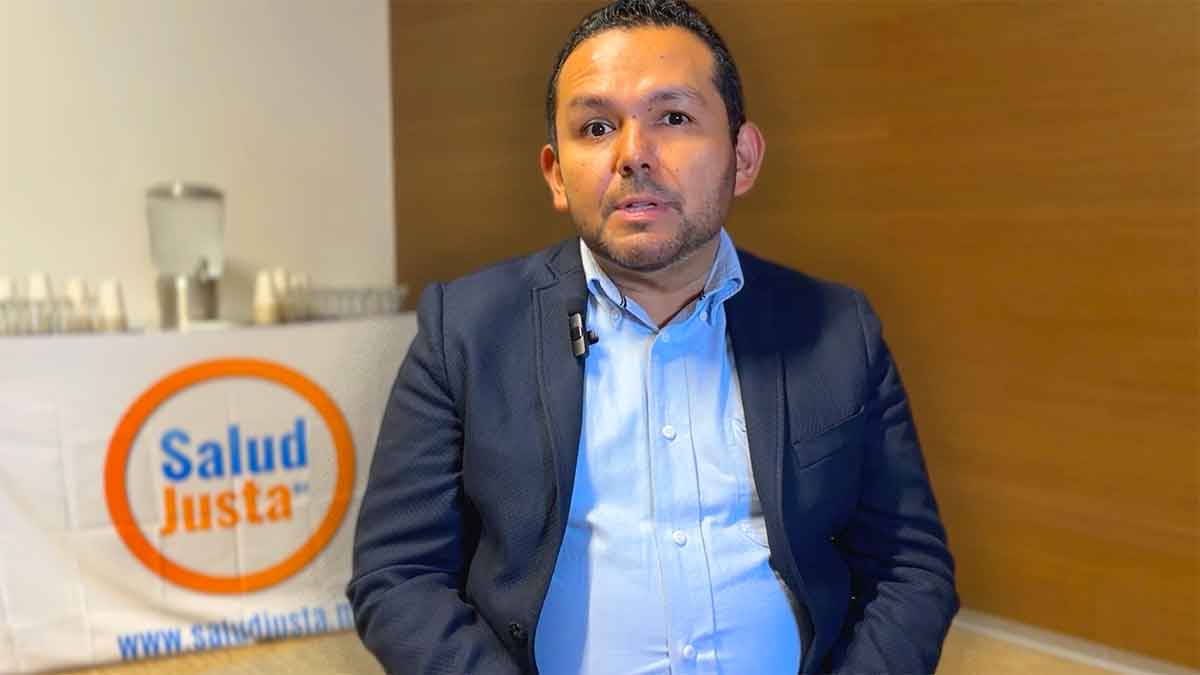- Resources
- News
-
-
Get Email Updates
Sign up for STOP's emails and never miss an update on our latest work and the tobacco industry's activity.
-
Get Funding
Ready to tackle industry interference? You could be eligible for a grant.
-
Share a Tip
Do you have information on tobacco industry misconduct in your country? Let us know.
-
Get Email Updates
Sabotaging Policy
September 22, 2021

New groundbreaking reports released by STOP allege that British American Tobacco (BAT) acted nefariously—and possibly illegally—across multiple countries in Africa. From allegedly making questionable payments to obstruct policies that would decrease tobacco use, to appearing to run informant networks to sabotage its competitors, BAT was apparently willing to do almost anything to protect its profits and keep people smoking.
The evidence suggesting serious misconduct is damning. BBC Panorama, an investigational partner of the Tobacco Control Research Group at the University of Bath (a partner in STOP), alleged that BAT “…was paying bribes in South Africa…” And a whistleblower even told Panorama, “I can say every time—most of the time I met with … law enforcement there were [sic] bribery and corruption involved.”
There’s no question that corruption, in all its forms, is detrimental to societies. Studies have shown it hinders economic development and entrenches bad governance. But when it’s carried out by the tobacco industry, the harm can go even further.
Corruption and the tobacco industry: A ‘double whammy’
Corruption serves to give an undue advantage to a person or entity at the expense of others, including entire societies, according to a report by Tearfund.
If the tobacco industry were to engage in corruption and succeed—if it weren’t investigated and held to account—it would gain advantage and power. And when the tobacco industry has power, severe harm to human health, the environment, economies and more will undoubtedly follow.
Corruption from the tobacco industry is a “double whammy”: On top of hindering good governance and economic development, nefarious behavior from tobacco companies perpetuates the tobacco epidemic and the devastation it causes.
Acting as if it were ‘above the law,’ and leaving harm in its wake
Some of the world’s largest tobacco companies, including BAT, are reciting lines they think investors and the public want to hear. BAT promises the public “A Better Tomorrow,” and boasts that it “acts with integrity.” But a look at its actions, including those revealed in leaked industry documents analyzed for these investigations, shows where BAT’s true priorities seem to lie.
The new reports suggest that BAT has invested an incredible amount of time and resources trying to protect its market share in several African countries. Why focus so intently on its business in Africa? As mentioned in Buying Influence and Advantage in Africa: An Analysis of British American Tobacco’s Questionable Payments, it’s one of the only regions in the world where, with its young and growing population, cigarette sales are increasing. In other words, Africa holds potential for big profits—all BAT would have to do is get as many people addicted to smoking as possible.
That could be the motivation behind BAT’s alleged misconduct in the region. BAT allegedly paid tens of thousands of US dollars to obtain—and sometimes alter—draft tobacco control regulations in Burundi, Rwanda and Comoros, as the report details. It also allegedly made payments to farmers in Uganda, three of whom were quoted in national media speaking out against the country’s Tobacco Control Bill. Why? Likely to stop or delay regulations that would have decreased tobacco use and thus protected people’s health. In other words, to keep people smoking.
And why would BAT have wanted to take down its local competitors so badly that it allegedly paid informants to surveil and sabotage other local tobacco companies—even putting its informants’ lives at risk at times? Likely so that smokers in Southern Africa would be addicted to its brands specifically.
The flip-side of the coin
If tobacco companies engage in corruption and get away with it, a harmful industry gains strength. The flip-side of the coin is that people and economies will suffer. Public health cannot thrive when the tobacco industry is succeeding. Corruption gives an undue advantage to the perpetrator. If the perpetrator is a company that makes billions of dollars every year by selling deadly products, public health loses.
Companies operating in harmful industries such as tobacco should be held to higher standards and subjected to stronger regulations and monitoring than ever before. If they’re not held accountable, they may leave even more damage in their wake.


